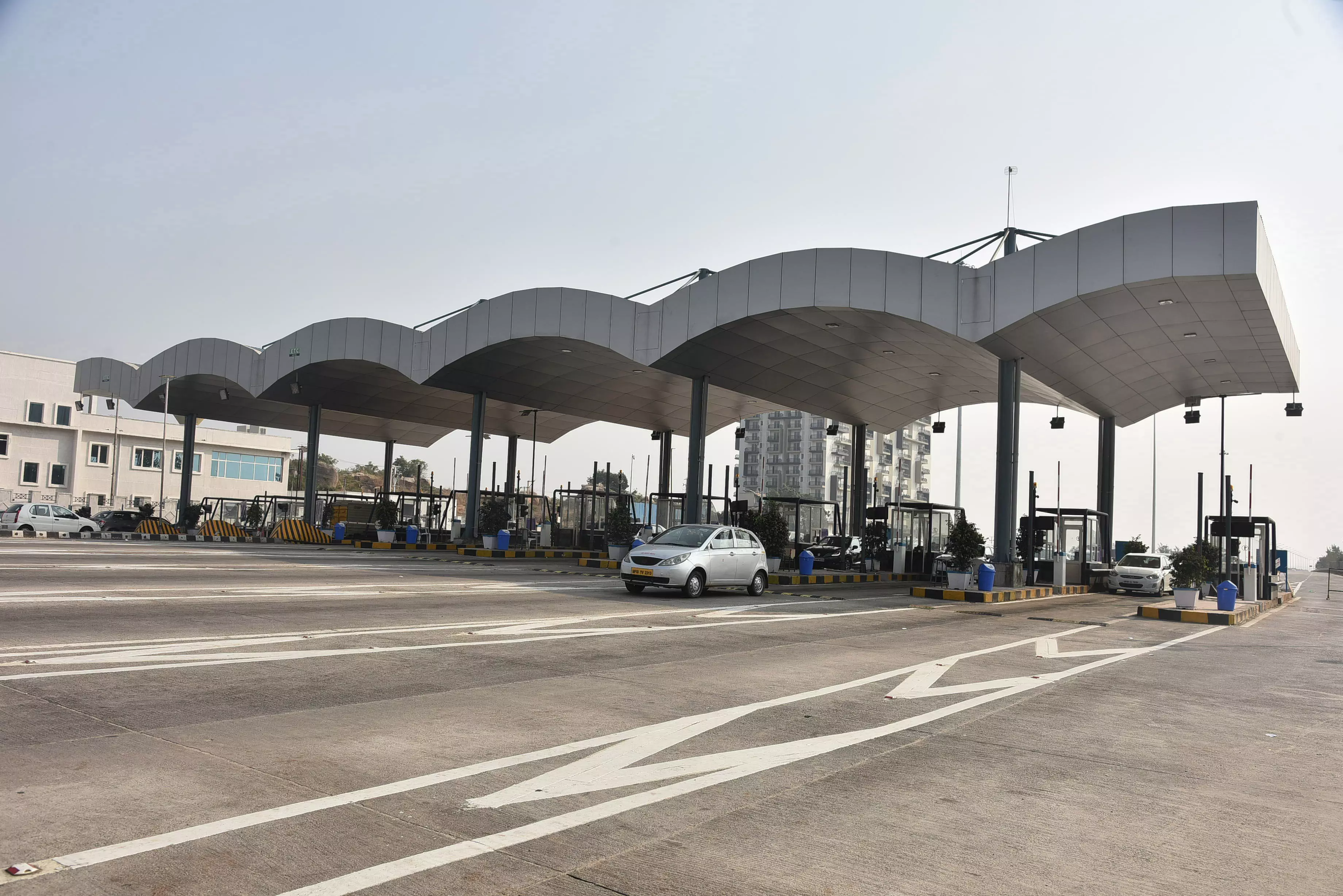Understanding the Psychological Dynamics Behind Attacks on Toll Plaza Workers in India

Picture courtesy : DC
In recent years, India has witnessed a disturbing trend of attacks on toll plaza workers, often over trivial amounts of money. These incidents raise questions not only about the safety and security of these workers but also about the underlying psychological factors driving such behavior.
At first glance, the reasons behind these attacks may seem perplexing. Why would individuals resort to violence over nominal toll fees? However, delving deeper into the psyche of the perpetrators unveils a complex interplay of socio-economic, psychological, and cultural factors.
Picture courtesy : DC
One significant aspect is the frustration stemming from economic disparity. Toll plazas serve as tangible symbols of authority and control, manned by individuals perceived as representatives of a system that many feel marginalized by. For those struggling to make ends meet, the imposition of even a small toll fee can evoke feelings of resentment and powerlessness. In such a scenario, lashing out at toll plaza workers may be a manifestation of this pent-up frustration, a symbolic rebellion against perceived injustice.
Moreover, there exists a psychological phenomenon known as "scapegoating," wherein individuals, faced with their own grievances and frustrations, redirect their anger towards convenient targets. Toll plaza workers, often positioned at the forefront of these interactions, become easy targets for displaced aggression. In the heat of the moment, the nominal amount of money owed becomes secondary to the emotional release provided by venting frustration through violence.
Picture courtesy : DC
Additionally, societal norms and cultural conditioning play a crucial role. India, like many other societies, has deep-rooted hierarchical structures where authority figures are often seen as targets for rebellion. Toll plaza workers, occupying a position of authority in the context of toll collection, become symbolic targets for those seeking to challenge the status quo. This cultural dynamic can exacerbate tensions and contribute to the propensity for violence in seemingly mundane interactions.
Furthermore, there is a lack of accountability in many cases of toll plaza violence. Perpetrators may believe they can act with impunity due to a perceived lack of consequences for their actions. This sense of impunity can embolden individuals to resort to violence as a means of expressing their discontent without fear of reprisal.
In conclusion, the attacks on toll plaza workers in India for trivial sums of money are not merely isolated incidents but are symptomatic of deeper societal issues. Understanding the psychology behind such behavior requires an acknowledgment of the complex interplay of socio-economic disparities, psychological dynamics, and cultural norms. Addressing these underlying factors is essential to mitigate the prevalence of such violence and ensure the safety and security of toll plaza workers.

